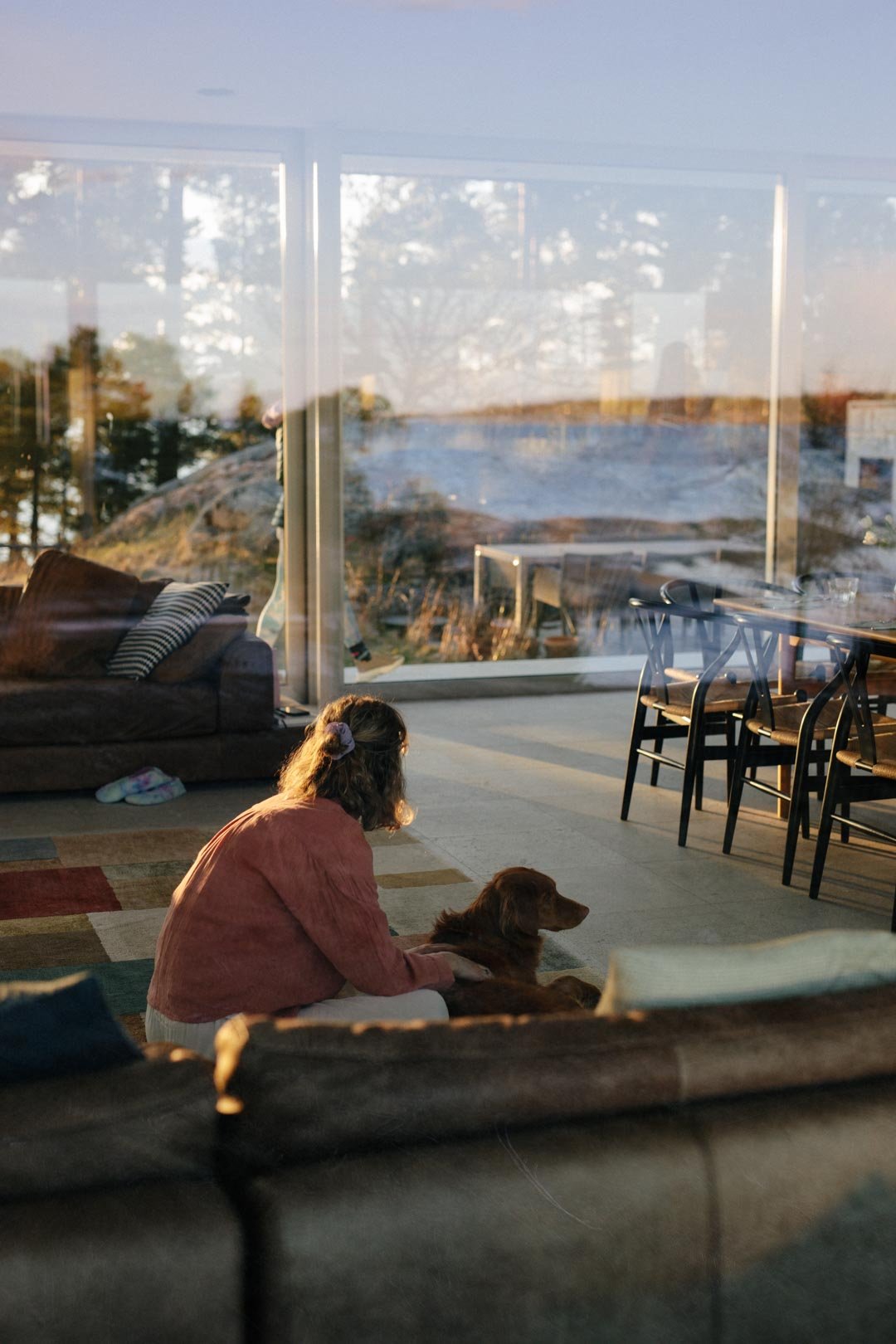Mediterraneans, the global south & quality of life
- Elodie
- Sept. 12, 2023
"Mañana, mañana", shouts the Spanish handyman through the phone, when you desperately try to explain to him that you have a plumbing emergency which needs immediate fixing. Mañana means tomorrow, or as it may also be understood more commonly as "in some unspecified time in the future". An illustrative example of the Spanish laidbackness and seeming ignorance of the concept of stress. Similar situations may be experienced in Italy, Portugal, Greece, or the south of France (or anywhere really). I don’t want to generalize or stereotype specific nations; but wouldn’t you agree, that Mediterraneans or people from the global South seem usually more relaxed, balanced and untouched by stress than for instance Germans?
What the above-mentioned countries have in common is that they are located in the southern part of the globe, customarily a geographical area that is gifted with a generous number of sunshine hours and a mild climate. I mean, sun = serotonin = happiness (see blog post on spring fatigue). They seem to understand the concept of "to go with the flow" better than us, who are living in the northern, cloudy and wet part of Europe. They appear to have a more effective energy management and take decisions from the heart. Sometimes you may hear that people think that Southerners are lazy; as unfortunately people tend to see things from an economic perspective. In fact, if we look closer, we will recognize that we can learn so much from these cultures. I think, in a nutshell, the Southerners prioritize quality over quantity in their lives. Quantity in the sense of materialism, success and money. Quality in the sense of being able to relish a variety of locally grown fruits and vegetables in their full savory spectrum, to be able to take a big part of the daily life outdoors, the choice of spending a lot of time in the company of friends and family and the ability to find pleasure in the small things in life, like taking time to have your espresso at the local bar around the corner. These are naturally all subjective and handpicked observations.
Let’s take a quick look at the dry facts. The World Health Organization defines quality of life (QoL) as "an individual's perception of their position in life in the context of the culture and value systems in which they live and in relation to their goals, expectations, standards and concerns". Eurostat further lists specific indicators for QoL: material living conditions, productive/main activity, health, education, leisure and social interactions, economic and physical safety, governance and basic rights, natural and living environments, overall experience of life. This list emphasizes why it is important to look beyond GDP to see how well a population is doing (see blog post on Bhutan). Scientists from Croatia examined in 2019 the life satisfaction in the Mediterranean region and concluded that Mediterraneans present generally lower life satisfaction than non-Mediterraneans. This is confirmed by statistics from Eurostat, where data from 2021 places Italy and Spain more in the middle of the ranking on overall life satisfaction; France, Greece and Portugal even more towards the end. The complexity of the relation between subjective well-being and economic welfare must be highlighted here, as life satisfaction is a very subjective matter, and statistics and rankings can only capture a rough tendency of a generalized feeling.
I think the big takeaway here is to define for yourself what quality of life means to you. Maybe it is financial freedom, maybe it is an outdoor lifestyle, maybe it is a life lived in community. This is the perfect opportunity for a quick journaling exercise. Incorporate quality of life and you will become the best version of yourself. Here are some prompts to get you started:
- What means quality of life for me?
- What elements/indicators does it include?
- How many of these indicators score already high in my life as it is now?
- What can I do to include more of these indicators or to improve them?
Links
